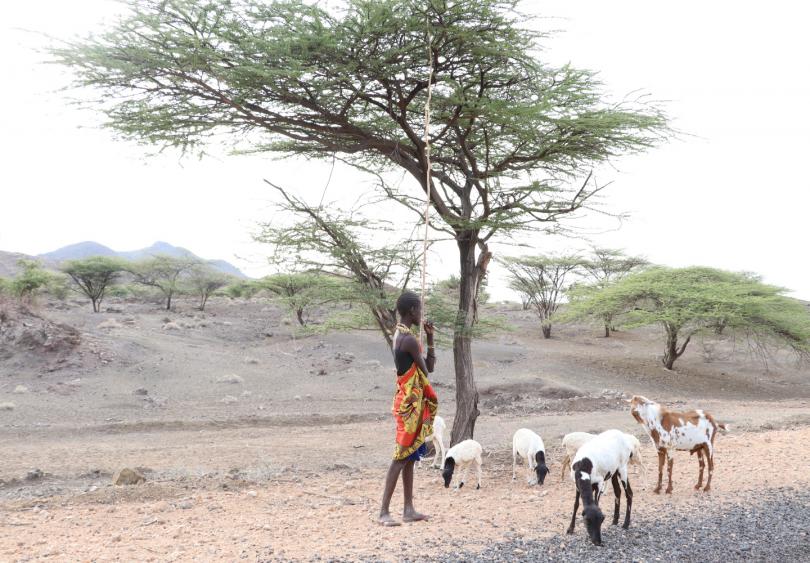EDUCATION INEQUALITY STILL A CAUSE FOR CONCERN FOR CHILDREN IN PASTORALIST AREAS

Education is a fundamental right for every child. It is crucial for their learning and development and is indisputably a key mechanism for reducing poverty at household and national levels.
The Government of Kenya through its Education Sector Reform Plan has made a commitment to improving education and there has been significant traction in implementing reforms such as the Competency Based Curriculum that addresses the quality of education in the country. The discourse on education quality is commendable but we have to step back and reflect on the progress that has been made towards ensuring education is accessible to all children.
In the pastoral communities of the country that are now ravaged by severe drought, even in the best of times, access to education has been a challenge. This is evidenced by lower enrolment rates and higher dropout rates as compared to other parts of the country. The current drought exacerbates these challenges. When schools reopen in January 2023, as many as 3.5 million children may not return to school due to the ongoing drought.
The drought is but one challenge that children and their communities in Arid and Semi-Arid Lands (ASAL) counties have to surmount to access education. Other challenges include long distances to school, inadequate teacher numbers, the migratory pattern of pastoralist communities and socio-cultural norms such as high rates of early marriages. For a child to stand the best possible chance of accessing education, each of these challenges will need to be addressed.
It is now almost three years since the Covid pandemic disrupted schooling. Hot on the heels of the pandemic has been the worst drought in forty years. The collective impact on education of these shocks is significant and potentially with long-term ramifications. For instance, the malnourishment of children as a result of the ongoing drought if not addressed will lead to stunting which will then impair a child’s cognitive development. This in turn adversely affects learning and places a lifelong human development limitation upon the child.
The ASAL region of Kenya has endured three severe droughts in the last decade with the current one being the most severe. Data points to the fact that these droughts will not only recur more often in future but will increase in severity. The pastoralist communities have to contend with major disruptions to their source of livelihoods, health and education occasioned by the current drought and future droughts.

13 year old Imana from a village in Turkana looks after the little that’s felt of her family’s livestock. She was forced to drop out of school in 2020 due to the drought, to help herd livestock while her parents search for food and water for the rest of the family.Photo| Dorothy Wawer,Save the Children
As the Government responds to the immediate needs of the affected communities, there needs to be concomitant discussions on robust investment that assures access to education for pastoralist communities. Amidst the ongoing discourse on the new CBC curriculum, we call upon the Government to invest heavily in education for children particularly in areas where access is hampered by a myriad of challenges. After all, education remains a key lynchpin in increasing our human capital as a country.
The editorial has been written by Yvonne Arunga, Save the Children Country Director for Kenya and Madagascar and was first published on 14th December on the Daily Nation